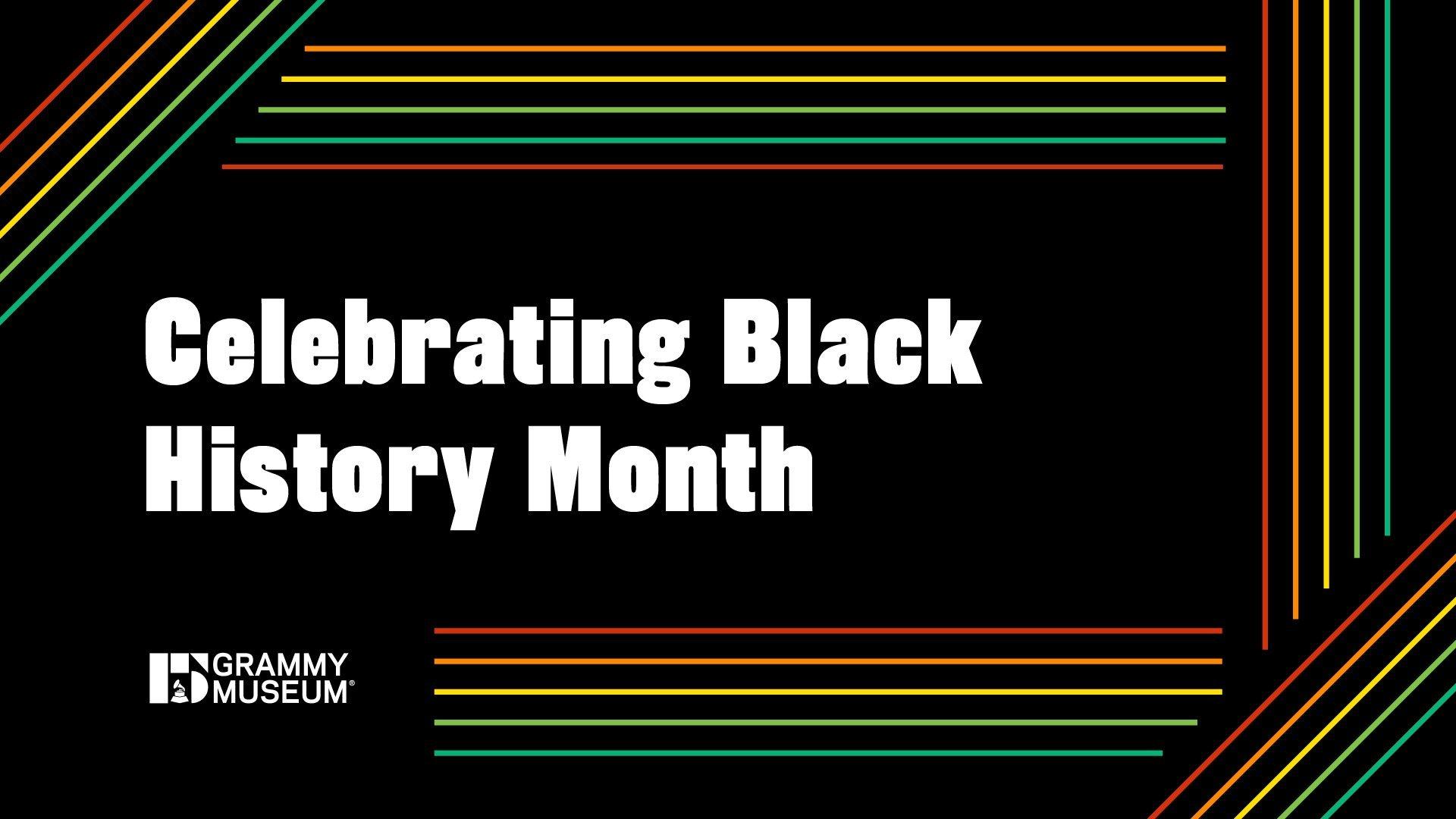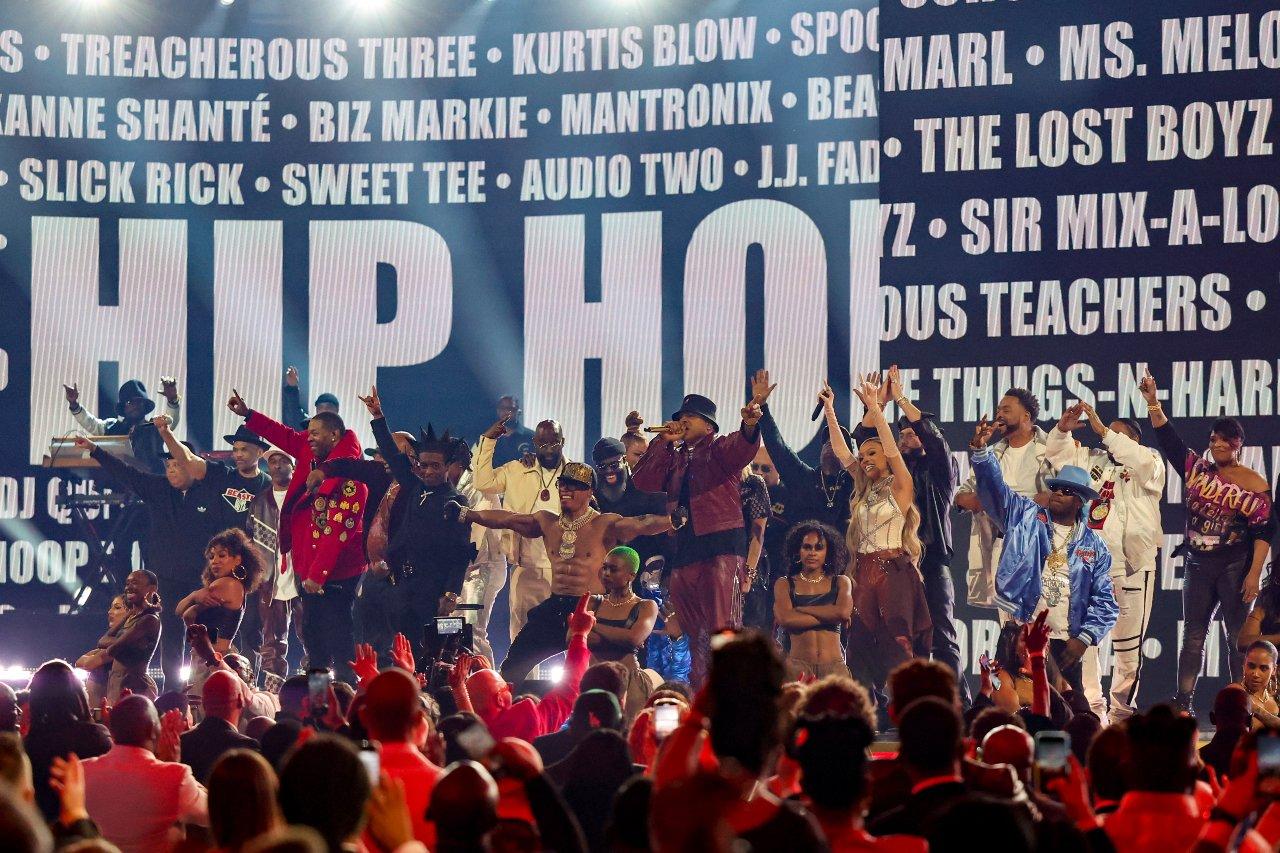Maluca Mala grew up in New York, but, like so many kids with family from other countries, every summer she would fly to the Dominican Republic to visit her grandmother. Maluca remembers the summer the Fugees' "Killing Me Softly" hit the airwaves on the island clearly.
"All my friends knew the lyrics to the song in English, but they didn't speak English. They didn't even know what the words meant," recalls the electronic artist on a recent phone call from New York City. "I was the translator."
Maluca has been releasing music since the height of Myspace, creating a mesh of sounds: electronic, punk, hip-hop and club with native-to-the-DR merengue, and other Latin sounds. Her lyrics feature female-empowering anthems in English and Spanish and her look demands as much attention, with her long, thick waves being cut short and straight or placed in a high ponytail. Her colorful outfits make her medium skin tone pop.
<iframe width="620" height="349" src="https://www.youtube.com/embed/j5cQLrPxupo" frameborder="0" allow="accelerometer; autoplay; encrypted-media; gyroscope; picture-in-picture" allowfullscreen></iframe>
"I really wanted the intention to be, well, how could little old me diversify American radio?" she says of her lyrics. "The intention was, okay, I'm going to do my music in Spanglish because you go overseas and no matter what country you're in, they're playing English music on the radio."
An Afro-Latina with roots in a country where it is common to see black Latinos, Maluca sees her value as being able to tap into the English and Spanish language market. In an industry that can easily box in artists—“Being black and having a certain tone or look automatically makes people think you belong in one thing,” former Danity Kane singer and current solo artist Dawn Richard told Pitchfork in 2017—Maluca has stayed her authentic self.
"We need to start approaching it from that way. They need us to make things popping," she says. "Like, we really need to know our worth and our value as brown artists. Like, I know why you want me on that track. Because I'm Latina and you want to make this song hot."
Managing—And Exceeding—Expectations
However, some Afro-Latino artists have had to fight against being molded into just one of their identities.
"A lot of expectations were placed upon me based on my color, based on the texture of my hair," says the independent singer/songwriter and soulful alternative rock artist Joy Villa of some of her experience in the industry.
"When I came into the industry people told me a lot of ignorant things, like … you look more Latino when you have straight hair. You should go for the Latin market. You need to learn Spanish, you need to speak better Spanish, you can be accepted then," says the singer whose mother is African-American, and father is Argentinian and Italian. "Then on the black side, it was like you have to look more black, you have to look [sexier]. I got a lot of the specialization for the black community in music. Unfortunately, it was like, ‘You got to show it. You got to be one of the rap girls, do rap, you do hip-hop, or you have to be like Beyoncé.’"
<iframe width="620" height="349" src="https://www.youtube.com/embed/lAg-0TvbpFw" frameborder="0" allow="accelerometer; autoplay; encrypted-media; gyroscope; picture-in-picture" allowfullscreen></iframe>
Villa, who calls herself a "rebel" and has made blatant political statements on the red carpet that have brought criticism from the left, didn’t listen to the feedback and has stayed focused on making the one thing she says won’t judge her: music. "That's where I really found my voice, being confident in my artistic integrity and saying people can't tell me what I am, because I know who I am. It took a lot of years and self-development of finding that, and I did find it from my peers."
Meanwhile, as Maluca points out, the conversation about being black and Latino is still missing in some Latin cultures. "In a lot of Latin cultures, because of colonialism and slavery, we don't talk about our blackness. A lot of folks didn't even want to identify as black, you know?" she says. "Through expanding my view, the world, like living in the East Village, going to an arts school, I was like, oh my gosh, I'm black, too."
Then there’s GRAMMY-nominated Bay Area hip-hop group Los Rakas, who carry their roots in their name utilize Spanglish lyrics to pay homage to those who came before them.
"A lot of artists out here, especially in the Bay Area [liked] … how we used Spanglish from the very beginning," Rich, one half of the duo, says. "We started collaborating with some of the biggest artists out of the Bay Area, and then we started incorporating the Spanish into their songs. It didn't matter if [it was] R&B from Goapele to E-40. We were actually inspiring them to try to speak in Spanish or do something in Spanish with us, you know?"
The cousins, known as Raka Rich and Raka Dun, have roots in Panama—the country that links Central and South America and is home to iconic reggae en Español artist El General. Dun was born in Panama and eventually moved to Oakland with Rich, who was born in the Bay Area.
“Naturally when we started making music we just repped our culture, you know what I mean, repped being Afro-Latino because we're proud of it," Rich says. "When people would come and meet us they would be intrigued by [our Spanish], because they've never seen Black kids speaking in Spanish. It was rare for them."
The group calls themselves Rakas, a Panamanian word used to identify poor rebels, to bring awareness to these roots. Celia Cruz and Ismael Rivera are among the Afro-Latino artists they grew up listening to.
"That's why we call ourselves Los Rakas—because we felt like [our heritage] was not getting recognized, what we contributed to the culture, just being Afro-Latinos," Rich says. "It's nothing against nobody else; it's just more like, we want to let you guys know that we're out here. It's more to bring awareness that this culture is also Black culture, but it's in Spanish, and to pay homage to those people who started it."
<iframe width="620" height="349" src="https://www.youtube.com/embed/JXK9XdbhoNo" frameborder="0" allow="accelerometer; autoplay; encrypted-media; gyroscope; picture-in-picture" allowfullscreen></iframe>
"They will tell us, ‘Hey, you guys should say ya'll from Panama, you know what I mean, don't say ya'll from California. It's like no, we're repping both though," Dun adds.
The group has never felt the need to fit in a box either. "When we started doing music, we just tried everything. We went from doing R&B, to rap, to any genre you can think of—we tried it out from the very beginning. So for us, whenever we wanted to rap in English we'll rap in English and we'll put in the album," Rich says. "We never felt like we had to do what the industry was doing, we were just doing what we wanted to do, just trying different things out, and expanding through our friends."
Finding Success On The Internet
The success Los Rakas have experienced since coming onto the scene in 2006, which includes collabs with classic-punk act Blondie, is thanks in part to the exposure the internet provides. Today, in the post-Napster music-consumption era, many artists are finding ways around industry barriers and building organic audiences with help from free sharing sites like YouTube and SoundCloud.
"We went to Chile, or we will go to Mexico, and the people singing the songs word for word… that’s thanks to the internet. Back in the day you had to be on a major record label, and you had to basically go promote yourself in Mexico physically, go promote yourself in Chile," Dun says. "The internet helped a lot of people to be able to do what we do, and not have to conform to what the industry tells you to do."
RELATED: Tierra Whack Talks Creative Process, Netflix Recommendations And Checkers’ Fries
Villa, whose album I Make The Static EP made the Billboard 200 in 2017, points out the success of experimental GRAMMY-nominated rapper Tierra Whack, who has utilized Instagram to boost her career.
"She's so different, she went viral being herself and she released 15 one-minute self-aware tracks making fun of herself, being Whack and different, and sort of the awkward black girl kind of vibe, and I love that. This is the time to be awkward and weird and wonderful and nerdy, and everything you were meant to be," she says. "I feel like women have stronger voices. Afro-Latinas have strong voices. We're now getting awareness and invisibility. The music industry has to catch up to what's happening now."
By the same token, Maluca sees Cardi B's 2019 Rap Album GRAMMY win for Invasion Of Privacy, which features the bilingual hit "I Like It" featuring J Balvin and Bad Bunny, as a major win. Cardi has roots in the Dominican Republic and Trinidad and Tobago.
"I do think the industry expects Latinos to have a "Latino" type sound. Cardi B did not do that. She's from New York, do you know what I mean? Like, hip-hop is part of our vernacular," she says. "[Cardi B] was like, 'I don't have to do music in Spanish [all the time] for you to understand that I'm a Latina.'"





